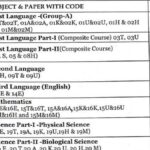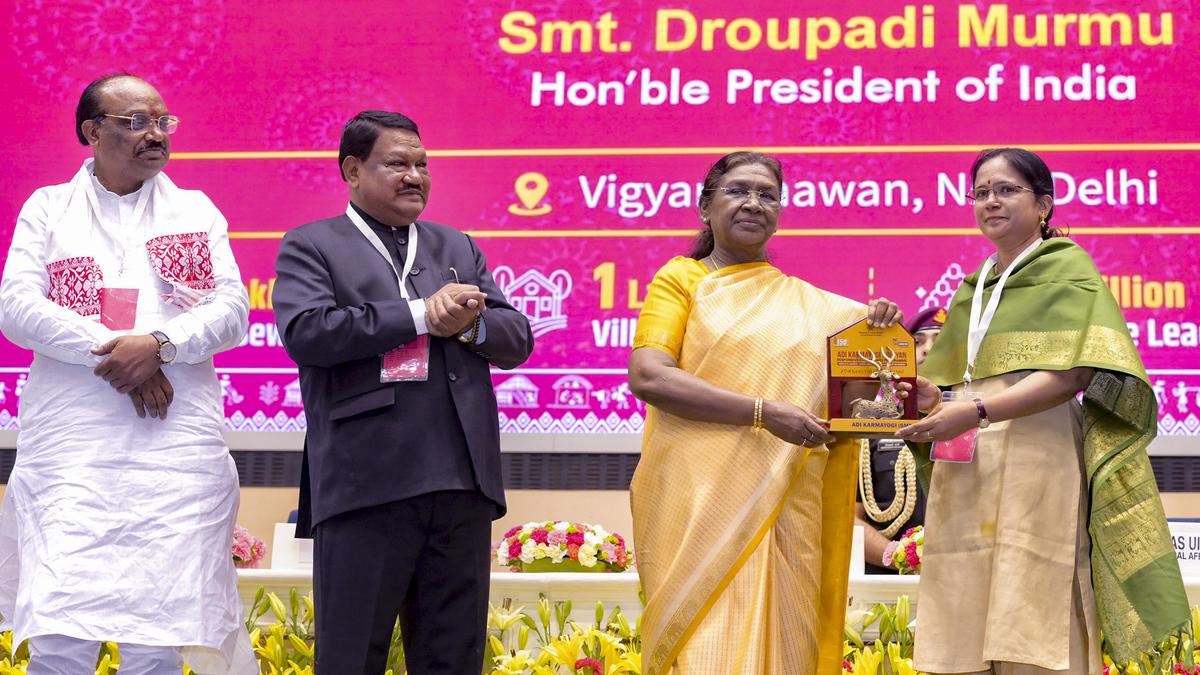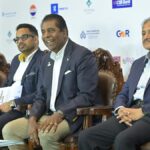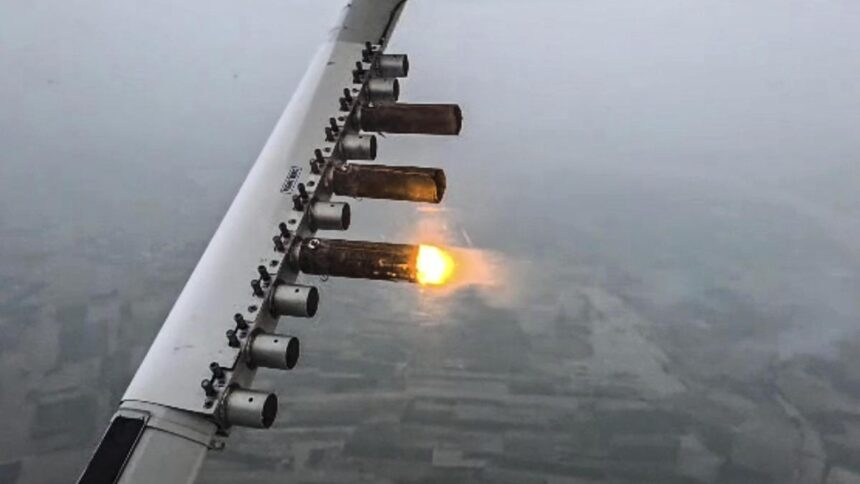President Droupadi Murmu on Friday said the Adi Karmayogi initiative represents the government’s commitment to “teaching” Adivasi communities to think and act “for themselves and their society” while ensuring their access to essential infrastructure such as homes, roads, electricity, and water. She was addressing the National Conclave on the Adi Karmayogi capacity-building programme, organised by the Ministry of Tribal Affairs in New Delhi.
Ms. Murmu began her address at Vigyan Bhawan by reflecting on the “nature of Adivasis”. Describing them as “swabhimani [self-respecting]” and content by nature, she said, “Adivasis today are still in the same place they were in the adim kaal; they never learnt to ask for roads, power. If the government gave it to them, they were okay; if not, they were okay too.”
She added, “This is the government thinking that they [Adivasis] have to be included and taught that thinking about them every day is not just the government’s job but also one’s own. This is why the government has brought the Adi Karmayogi initiative – to ensure that our dreams become part of a Viksit Bharat in 2047.”
The President said the initiative represented a “truly participatory approach” to development. “The Adivasi communities have always reminded us that true development must always be accompanied by caring for the environment,” she noted.
The Union Ministry of Tribal Affairs hosted the National Conclave to review and discuss the Adi Karmayogi programme, which was rolled out earlier this year. The initiative includes several components such as setting up Adi Sewa Kendras (one-stop village centres for government services), conducting information and education campaigns to improve registration for entitlements, preparing vision documents for one lakh tribal villages, and training more than 20 lakh “changemakers” across all levels of governance, from the Union to the block level and within village communities.
The Conclave, attended by around 1,200 representatives from State governments, Union Ministries, and villages, was also addressed by Tribal Affairs Minister Jual Oram and Minister of State Durgadas Uikey. Sessions were held across five themes — governance and institutional strengthening, education and skill development, health and nutrition, livelihood and entrepreneurship, and infrastructure.
According to the agenda, several Union Ministers, including those from Education, Agriculture, Health and Family Welfare, Panchayati Raj, Power, Rural Development, and Jal Shakti, were scheduled to chair sessions. However, officials at the venue said the Ministers were unable to attend as per schedule. A government statement noted that some Union Ministers participated in the day-long event, held from 9 a.m. to 6 p.m.
The government also announced that a Tribal Business Conclave will be held on November 12 in collaboration with the Department for Promotion of Industry and Internal Trade (DPIIT) and the Ministry of Culture to “promote tribal entrepreneurship and economic empowerment.”
According to the Ministry’s assessment, since its official launch by Prime Minister Narendra Modi, 56,007 Village Vision Documents have been prepared and adopted by Gram Sabhas. Over 53,000 villages across 30 States and Union Territories now have Adi Sewa Kendras, with the government claiming that more than 1.1 crore people have participated in the initiative so far. It also reported that over 44 lakh entitlements, including Aadhaar, PM-Kisan, Ayushman Bharat, and Jan Dhan cards, have been issued under the programme.
Madhya Pradesh has prepared the highest number of Village Vision Documents (around 13,000), followed by Rajasthan, Chhattisgarh, and Odisha (around 5,000 to 7,000 each). One example from Dhanubsar village in Bihar’s Banka district displayed a hand-drawn map marking residential areas such as “SC tola” and “ST tola”, along with temples, wells, and community centres.
During the plenary sessions, representatives from States and ministries discussed challenges and shared best practices, including mainstreaming traditional healers through AYUSH, strengthening teacher pools, and improving all-weather road connectivity in the North-East. Initiatives like the government’s Adi Vani translation project and the Adi Sewa Kendra component were also highlighted.
President Murmu felicitated the best-performing States, districts, and Ministries under the PM-JANMAN and DAJGUA schemes. For PM-JANMAN, aimed at delivering government schemes to Particularly Vulnerable Tribal Groups (PVTGs), the Ministries of Rural Development, Power, Women and Child Development, Health and Family Welfare, and Jal Shakti were recognised as best performers.
Among States, Gujarat, Chhattisgarh, Uttarakhand, Telangana, and Tripura were awarded for PM-JANMAN implementation. For the DAJGUA programme, designed to reach Scheduled Tribe villages, Tripura, Maharashtra, Jammu and Kashmir, Rajasthan, and Andhra Pradesh were recognised.
Chhattisgarh, Jharkhand, Madhya Pradesh, Odisha, and Andhra Pradesh were named best-performing States under the Adi Karmayogi initiative.
Published – October 17, 2025 10:03 pm IST





